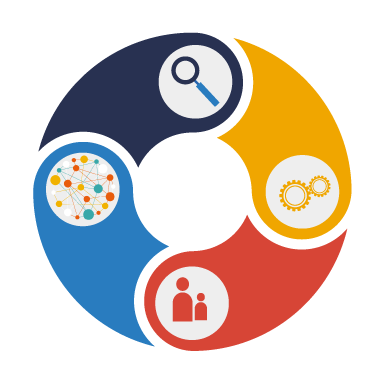Research on Rahman Syndrome delivers a novel tool to study the rare genetic condition
IBG Rare and Undiagnosed Diseases Platform Member Dr. Kasim Diril’s group published a study on Rahman Syndrome in FEBS Open Bio Journal.
Rahman Syndrome is a rare disease that leads to growth defects, intellectual disability, autism, and early aging in afflicted patients. The disease is caused by a change, also called a mutation, in the genetic instruction of how to make the protein H1E. This protein is needed to correctly store the genetic information inside of every cell of the body. Consequently, in cells with a mutation in H1E this storage is disturbed, which makes it difficult for the cells to correctly read the genetic information. As, however, our body consists of many different types of cells, each cell differs by which genetic information it needs and, therefore, might be affected differently by the H1E mutation. To be able to study these effects, Dr. Diril’s team developed a novel cell culture tool. They introduced a mutation to the H1E gene in embryonic stem cells. These cells are derived from early-stage embryos, and they can be differentiated in the cell culture to all cell types present in the body. With these cells, they are now able to study the effects of the H1E mutation on different cell types. This will greatly improve our understanding of the Rahman Syndrome and is expected to help the development of new treatment options.
As a continuation of this study, Dr. Diril and his team will develop a transgenic mouse model to investigate, under physiological conditions, the molecular mechanisms of Rahman syndrome’s development and progression from the embryonic period onwards. This mouse model will also allow for the development and testing of novel treatment methods. The transgenic mice will be generated by applying the CRISPR genome editing technique, with which the mouse H1E gene will be partially humanized and modified to contain the mutation observed in the patients. This project is supported by TÜSEB as a Group B R&D Project.
To read the full text of the FEBS Open Bio study, please follow the link: https://doi.org/10.1002/2211-5463.13750
